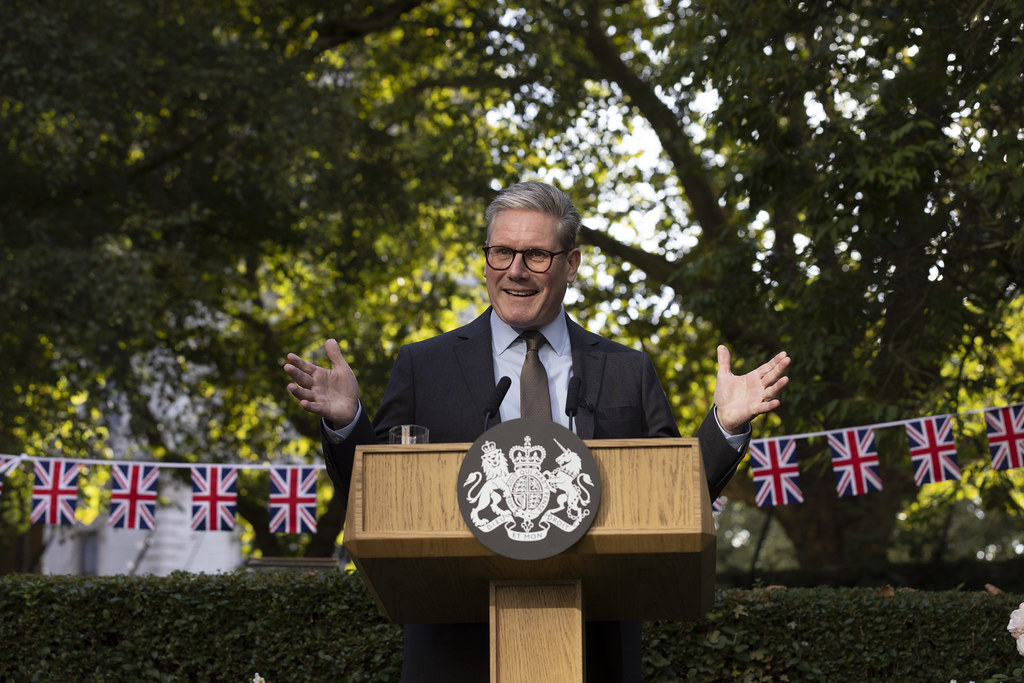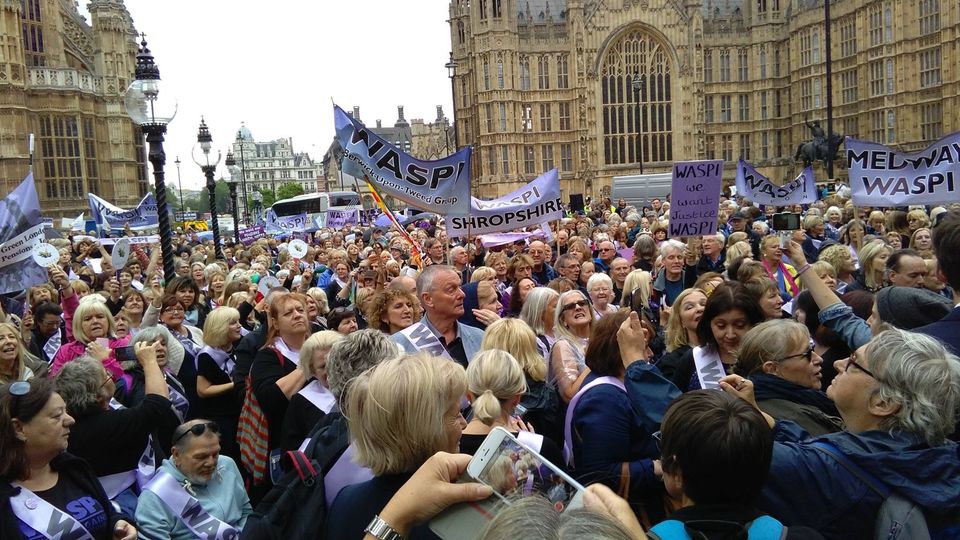Ahead of that budget, Starmer said that, while dealing with that black hole was essential for creating the stability necessary for growth, all decisions would be made against the objective of growth
Prime Minister Keir Starmer said that his government’s first budget next month wouldn’t take steps that undermine his goal to generate growth, but warned that unfunded spending commitments could damage the economy.
Elected in July, Starmer has said he has a dire inheritance left by the previous Conservative administration, and new finance minister Rachel Reeves has warned that taxes are likely to rise in her first budget on Oct. 30 because of what she said was a 22 billion pound ($29 billion) black hole in the public finances.
Ahead of that budget, Starmer said that, while dealing with that black hole was essential for creating the stability necessary for growth, all decisions would be made against the objective of growth.
“If it promotes economic growth, it’s in the Yes column; if it inhibits economic growth, then it’s in the No column,” Starmer said.
“And because I believe that stability is vital for economic growth — I don’t think we’re going to get economic growth if we don’t stabilize the economy — we’re going to do the really hard stuff now.”
Labour has committed to a fiscal rule that day-to-day costs are met by revenues and debt must be falling as a share of the economy within five years under a budget’s forecast.
Asked if he would tweak fiscal rules to promote growth, amid concern from some economists about underinvestment in the economy, Starmer said it was a matter for the budget but strong fiscal rules were important.
“I’ve always thought it’s important to borrow to invest,” Starmer said, though he warned he didn’t want a repeat of the unfunded budget measures that sparked a crisis that forced Conservative Prime Minister Liz Truss from office in 2022.
“Unfunded commitments for spending are just as bad (as unfunded tax cuts) and likely to have the same impact on the economy.”
Meanwhile, The economy continued to flatline in July on a month-on-month basis, flash figures published from the Office for National Statistics showed last week.
Gross domestic product (GDP) came in below the expectations of economists polled by Reuters, who had forecast growth of 0.2%. The country also logged no GDP growth in June.
Britain’s dominant services sector showed slight growth of 0.1% in the month to July, while production and construction output fell by 0.8% and 0.4%, respectively.
Britain’s economic growth was up 0.5% in the three month to July, slightly below economist expectations and the 0.6% recorded in the second quarter ending in June.
“The economy recorded no growth for the second month running, though longer term strength in the services sector meant there was growth over the last three months as a whole,” Liz McKeown, director of economic statistics at the ONS, said.
The economy had recorded modest but steady expansion almost every month so far this year, having emerged from a shallow recession at the start of the year.
The reading is the first under Starmer’s new Labour government, which was elected on July 4. Finance Minister Rachel Reeves said the print left her “under no illusion” of the challenges faced by the economy.
“I will be honest with the British people that change will not happen overnight. Two quarters of positive economic growth does not make up for fourteen years of stagnation,” Reeves said.
It comes ahead of the forthcoming Oct. 30 Autumn Statement, when Reeves will reveal her annual budget. She has already warned will be painful after she said she inherited a £22 billion ($29 billion) hole in the public finances from the former Conservative government. He predecessor Jeremy Hunt has denied the claims, describing the alleged black hole as “fiction.”
Lindsay James, investment strategist at Quilter Investors, said the prospect of tax raises could add further caution to consumer spending over the coming months. “Tax rises have been flagged ahead of the Autumn Budget, and consumers and businesses may feel rather more cautious heading into the winter months as they await details from the Treasury,” she said.
But she added that further movement in interest rates anticipated from the Bank of England could help ease wider growth pressures. The central bank is set to meet next week for its latest policy decision, after cutting rates for the first time in four years last month.
ALSO READ: Starmer Renews Special Ties With the US
ALSO READ: No inquiry into undeclared gifts for Starmer’s wife, say No10












